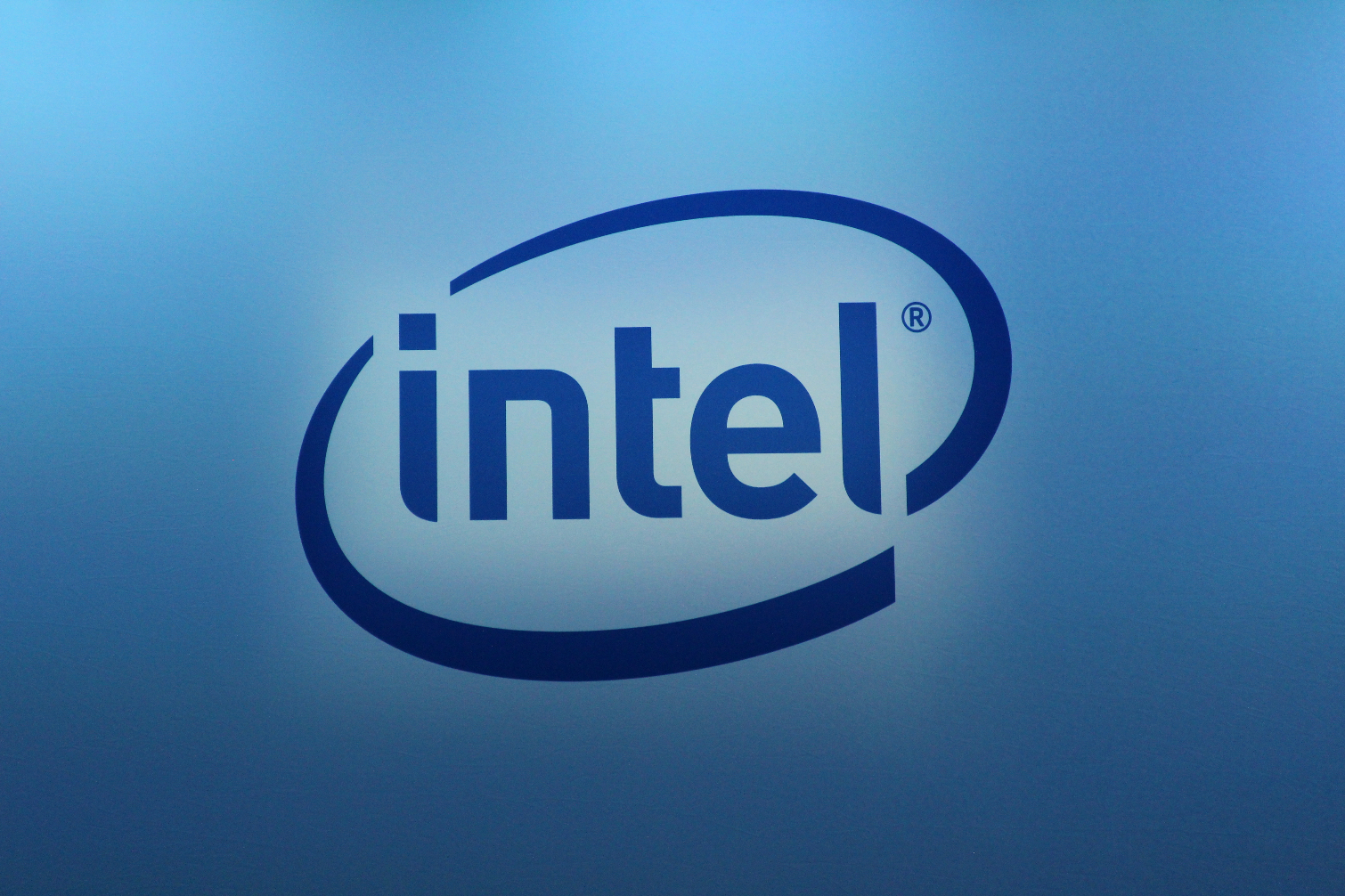Intel Not Outsourcing 14nm Rocket Lake CPU Production to Samsung
Rumors that Samsung is deep in negotiations to produce 14nm CPUs for Intel swept the internet this week, but a source close to the matter has confirmed to Tom's Hardware that processors aren't on the negotiating table. Instead, the talks center around simpler devices, likely chipsets, albeit on an unspecified node.
The report from the Korean outlet SE Daily claimed that Intel and Samsung were in negotiations for production of Intel's 14nm Rocket Lake processors in 2021, citing trade war pressures and Intel's production capacity constraints (amidst record demand) that led to a shortage of 14nm processors.
But the report seemed dubious given the multi-year design cycles for large processors and the amount of Intel's IP that would be exposed by outsourcing. Intel currently designs its 14nm processors around specific semiconductor nodes, meaning its 14nm chips are essentially locked into a specific manufacturing process. After learning a hard lesson exacerbated by the delayed 10nm node and a resurgent AMD nipping at its heels, Intel will now design new microarchitectures to be portable between nodes. That will allow the company to move forward even if it encounters roadblocks on its path to smaller transistors. The Sunny Cove microarchitecture is the first new design that can be used on multiple nodes, but Intel has stated the new core will debut on the 10nm node.
That means Samsung would have to produce 14nm wafers using Intel's process technology, which is extremely unlikely (especially given the purported use of EUV technology for the chips), or that Intel would have to undertake the significant task of redesigning its processor to work with Samsung's process, which is also unlikely given that it isn't as performant as Intel's 14nm.
Intel has reportedly used third-party foundry TSMC in the past for some simpler designs, like Atom processors and chipsets. The details of those arrangements haven't been made fully public, but Intel has acknowledged using third-party foundries for several decades. The company has also expressed a willingness to use third-party foundries in the future, saying in December 2017: "In addition to expanding Intel’s own manufacturing capability, we will continue our selective use of foundries for certain technologies where it makes sense for the business. The use of foundries has been an Intel practice for nearly two decades. As we invent more products for a broader set of customers, you can expect us to be strategic about the application of Intel’s differentiated manufacturing capability and the selective use of foundries." The company also reiterated that message during its Investor Meeting last month.
According to our source, Intel and Samsung are in negotiations, but the talks center on simpler designs, likely chipsets, that are far easier to outsource. That move would also make sense given Intel's move back to the 22nm node for chipsets last year due to a shortage of 14nm production capacity. Intel produces one chipset per processor, so the small chips consume a significant portion of the company's wafer output and packaging and test capacity, so offloading that production to Samsung would be a good fit. That approach also allows Intel to focus its own production capacity on high-margin products.
This move would also allow Intel to sidestep the China tariffs by using Samsung's South Korea facilities. Intel already moved some packaging and test facilities to Vietnam last year, and that trend continues with its revelations last week that is has moved PCH (chipset) assembly and test from Chengdu, China to Ho Chi Minh City in Vietnam. The company also recently opened more production in Malaysia for parts it also assembles in China (PDF, PDF), signalling that any agreement with Samsung could be spurred by both Intel's current capacity shortage and to sidestep the fallout from the U.S.-China trade war.
Get Tom's Hardware's best news and in-depth reviews, straight to your inbox.

Paul Alcorn is the Editor-in-Chief for Tom's Hardware US. He also writes news and reviews on CPUs, storage, and enterprise hardware.
-
jimmysmitty I could never see Intel outsourcing their main processor technology. Especially when their 14nm is superior to Samsungs. Chipsets and other things, sure.Reply -
bit_user ReplyIntel would have to undertake the significant task of redesigning its processor to work with Samsung's process, which is also unlikely given that it isn't as performant as Intel's 14nm.
Um, if they port their design to a different process, why do you assume they'd use Samsung's 14 nm? It seems to me they'd go straight to Samsung's 7 nm. -
jimmysmitty Replybit_user said:Um, if they port their design to a different process, why do you assume they'd use Samsung's 14 nm? It seems to me they'd go straight to Samsung's 7 nm.
Because the article specifically talks about 14nm not 7nm.
I could never see Intel using anyone else process for their CPUs, manily because they have spent upwards of $10+ billion on FAB42. Typically Intels chipsets are a process behind their CPUs as well so once Intel moves to 10nm chipstes will probably go back to 14nm and once on 7 chipsets would go to 10nm. -
bit_user Reply
That was a quote of the article, so it was hopefully clear that my question was directed at the article's author.jimmysmitty said:Because the article specifically talks about 14nm not 7nm.
In the old forum, most authors would create the forum thread, themselves, enabling me to reply to them. However, this thread was created by "admin", which I'm guessing isn't one of Paul Alcorn's aliases.
